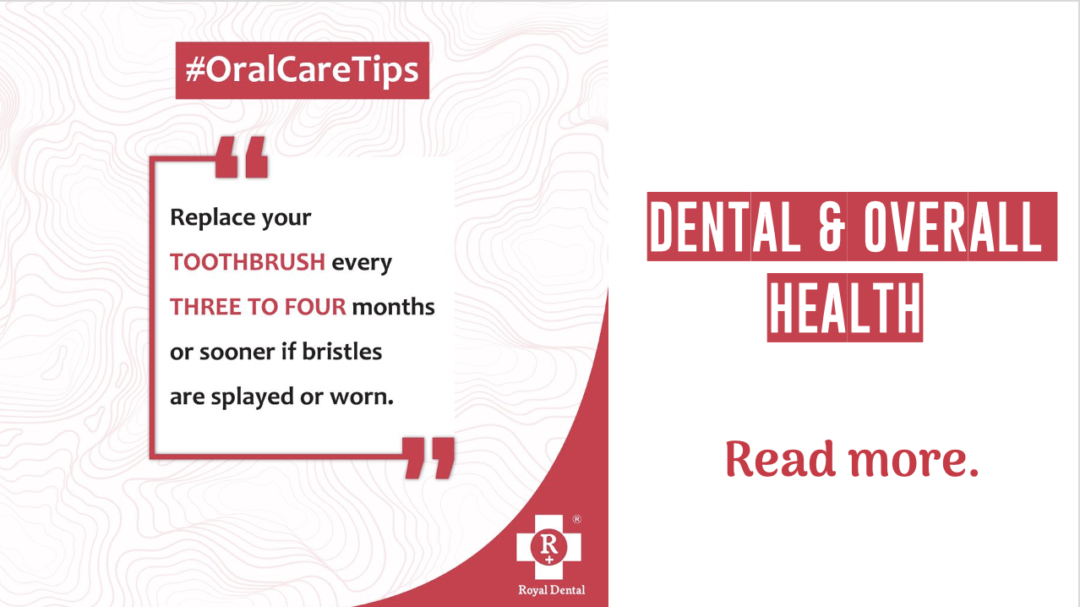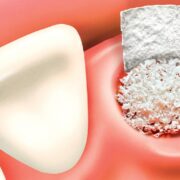Dental implant have revolutionised the field of dentistry, providing a long-lasting solution to missing teeth on oral health. These small, titanium posts act as artificial tooth roots, supporting replacement teeth or bridges. However, dental implants are not just about improving the appearance of your smile. In fact, they play a significant role in improving overall health and wellbeing. In this article, we’ll explore the many ways in which dental implants can improve your overall well-being and the role of Royal Dental Clinics in delivering the best possible implant treatments. So, let’s dive in and discover how implants can transform your oral health!
Impact of Missing Teeth on Physical and Mental Health
Missing teeth can have a significant impact on both your physical and mental health. Physically, missing teeth can make it difficult to chew and digest food properly, which can lead to nutritional deficiencies and a higher risk of other health problems. Additionally, missing teeth can cause the remaining teeth to shift and become misaligned, which can lead to further dental problems down the road.
Mentally, missing teeth can cause self-consciousness and a lack of confidence in social situations. People with missing teeth may avoid smiling or speaking in public, which can lead to feelings of isolation and depression. Additionally, research has shown that people with missing teeth are perceived as less attractive and less successful than those with a healthy smile.
Benefits of Dental Implants on Overall Health
Improved Speech: Tooth loss can cause speech problems, making it difficult to pronounce certain words and phrases. Dental implants can help to restore speech clarity, improving communication and boosting self-confidence.
Enhanced Mental Health: Tooth loss can have a significant impact on mental health, leading to anxiety, depression, and low self-esteem. Dental implants can help to restore confidence and self-esteem, improving overall mental health and wellbeing.
Improved Social Life: Tooth loss can make it difficult to socialize, causing embarrassment and discomfort. Dental implants can help to restore a natural-looking smile, allowing you to smile confidently and enjoy social interactions.
Long-Term Durability: Dental implants are a long-term solution for tooth loss, with a success rate of up to 98%. Unlike other tooth replacement options, such as dentures and bridges, dental implants can last for many years with proper care and maintenance.
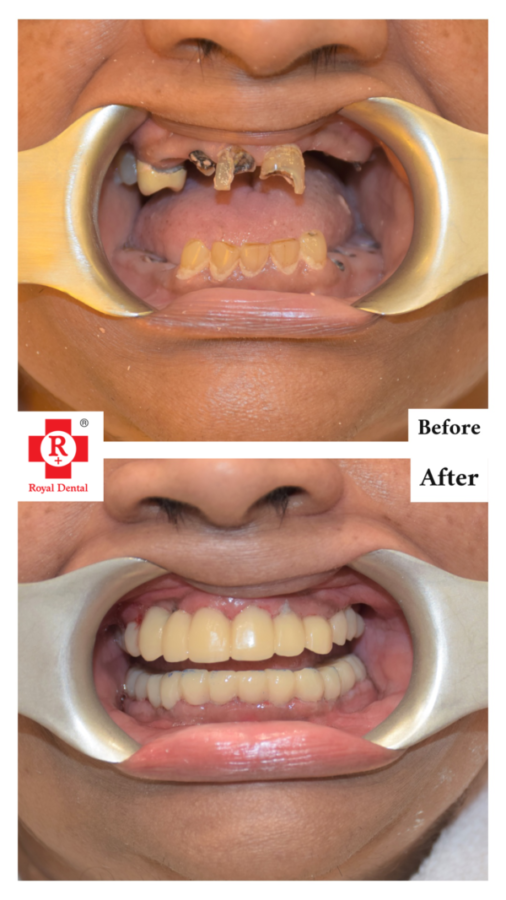
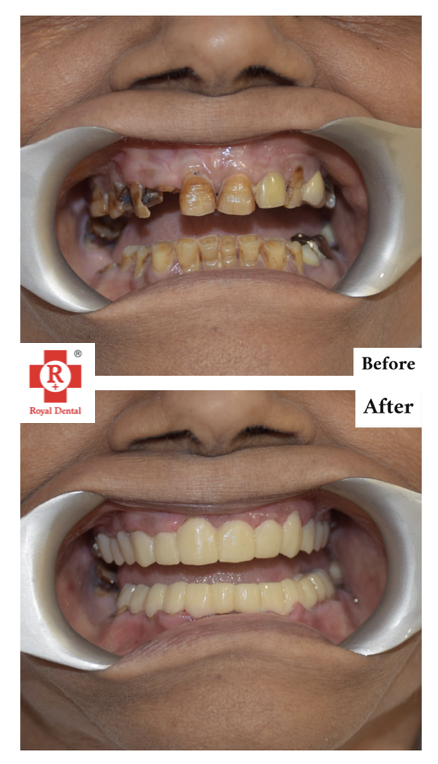
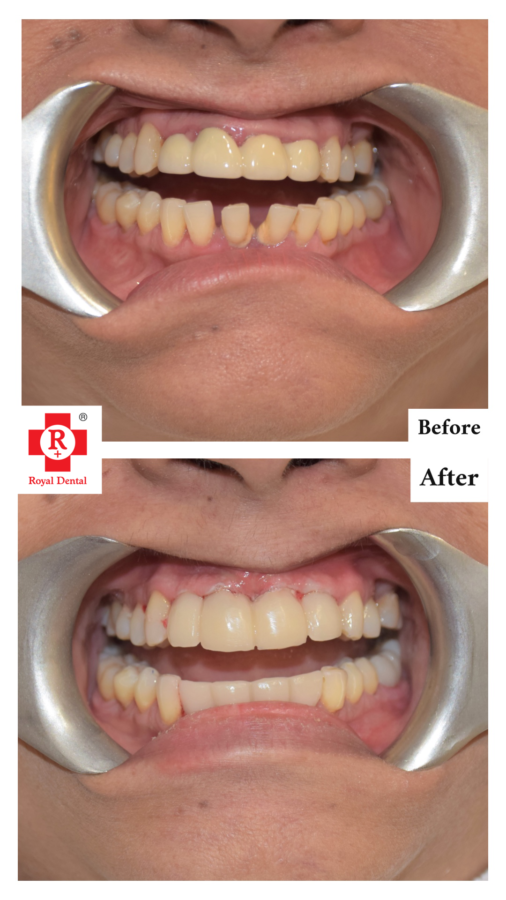
Restored Chewing Function: Dental implants function and feel like natural teeth, allowing you to chew and bite with ease. This improves your ability to properly chew food, aiding in digestion and nutrient absorption.
Increased Self-Confidence: Dental implants restore your smile and provide a natural-looking appearance. This can significantly boost self-esteem and confidence, allowing you to interact more freely in social and professional settings.
Comfort and Convenience: Dental implants eliminate the discomfort and inconvenience associated with removable dentures. Once the implants are placed and fully integrated, they become a permanent part of your oral structure, providing stability and a natural feel.
Dental Implant Procedure
Consultation: The first step in the dental implant process is a consultation with your dentist. During this consultation, your dentist will evaluate your oral health and determine if you are a candidate for dental implants. They will also discuss the process and answer any questions you may have.
Planning: If you are deemed a suitable candidate for dental implants, the next step is the planning phase. This involves taking 3D images of your teeth and jawbone to determine the optimal placement of the implant. A customized treatment plan will be developed based on these images.
Implant Placement: The actual implant placement procedure involves the surgical insertion of a titanium post into the jawbone. This post will serve as the foundation for the implant crown. The procedure is performed under local anesthesia, and patients typically experience minimal discomfort.
Dental Implant and Oral Health
Healing and Integration: Once the implant post is placed, it will take several months for it to fuse with the jawbone in a process known as osseointegration. During this time, a temporary crown or bridge may be placed to protect the implant and maintain the appearance of your smile.
Abutment Placement: Once the implant has fully integrated with the jawbone, an abutment is placed on top of the implant post. The abutment serves as a connector between the implant post and the implant crown.
Implant Crown Placement: The final step in the dental implant procedure is the placement of the implant crown. The crown is custom-made to match the color, size, and shape of your natural teeth. Once the crown is in place, you will have a fully functional and natural-looking tooth.
Comparing Dental Implants to Tooth Replacement Options
Dental implants are just one of several tooth replacement options available. Other options include dentures and bridges. Dentures are a removable tooth replacement option that can be full or partial. While dentures are often less expensive than dental implants, they can be uncomfortable and slip out of place. Additionally, dentures can cause bone loss and further tooth loss over time.
Bridges are a non-surgical tooth replacement option that involves attaching an artificial tooth to the adjacent natural teeth. While bridges are less expensive than dental implants, they can cause damage to the natural teeth and are not as stable as dental implants.
Dental Implants improve oral health
Dental implants can have a significant impact on a person’s mental health and wellbeing. Losing one or more teeth can cause a sense of loss and lead to feelings of embarrassment and self-consciousness. This can, in turn, lead to social anxiety, depression, and low self-esteem. However, dental implants can help to restore a person’s confidence and improve their mental health in several ways:
Restoring Confidence: Dental implants are designed to look and feel like natural teeth. Once the implants are in place, the person can smile, speak, and eat with confidence, without worrying about the appearance of their teeth. This can help to improve a person’s self-esteem and boost their confidence, making them more comfortable in social situations.
Enhancing Quality of Life: Dental implants can improve a person’s quality of life by allowing them to eat their favorite foods without any restrictions. This can enhance their enjoyment of life and improve their overall mood.
Reducing Social Anxiety: Missing teeth can make a person feel self-conscious and avoid social situations. Dental implants can help to reduce social anxiety by restoring a person’s smile and making them feel more confident in social situations.
Improving Overall Mental Health: Studies have shown that people who have dental implants have improved mental health compared to those who do not have implants. This is because dental implants can restore a person’s confidence, self-esteem, and overall sense of well-being.
Royal Dental Clinics: Delivering implant treatments
Royal Dental Clinics is committed to delivering the best implant treatments to our patients. We have a team of experienced dentists and oral surgeons who are highly skilled in performing dental implant procedures. Here are some of the reasons why Royal Dental Clinics is the best choice for your dental implant treatment:
State-of-the-Art Technology: We use the latest technology and equipment to ensure that our patients receive the highest quality dental implant treatment. We have invested in advanced imaging technology that allows us to create a 3D image of your jaw, enabling us to accurately plan and execute the implant placement procedure.
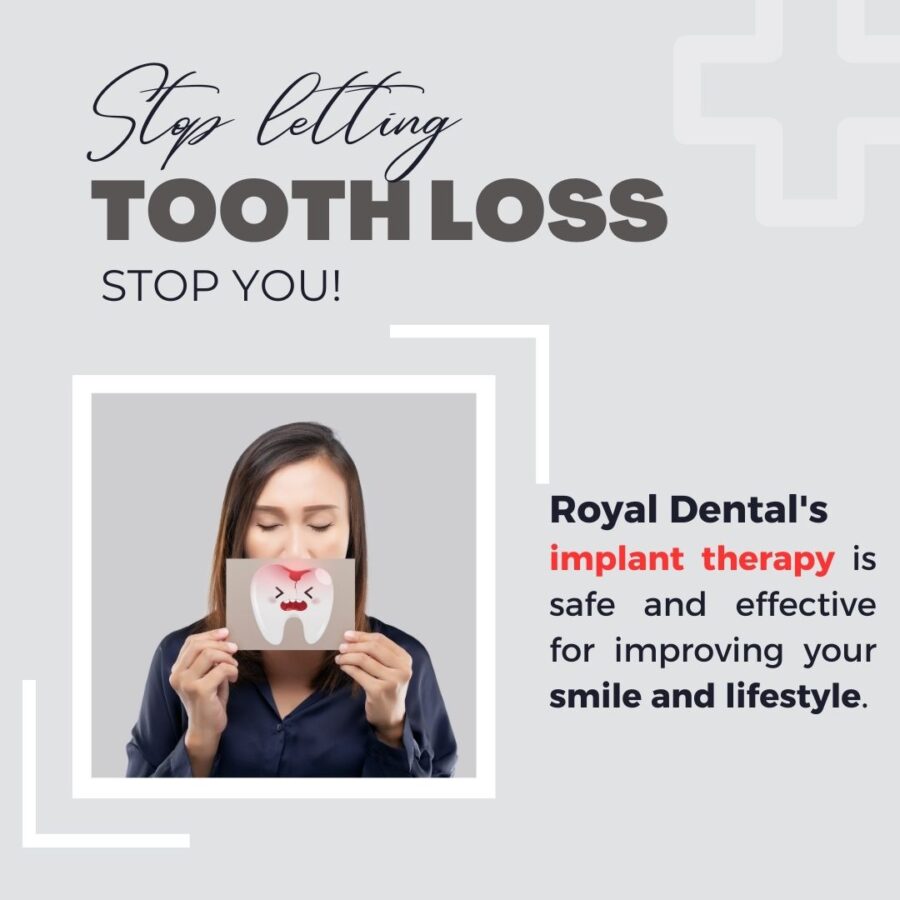
Customized Treatment Plans: At Royal Dental Clinics, we understand that every patient is unique, and we take the time to develop a customized treatment plan that meets the individual needs and goals of each patient. Our team will work with you to ensure that you receive the best possible care.
Experienced Team: Our team of dentists and oral surgeons have years of experience in performing dental implant procedures. They have undergone extensive training and have the knowledge and skills necessary to ensure a successful outcome.
Patient Comfort: At Royal Dental Clinics, we prioritize patient comfort throughout the entire dental implant treatment process. We use local anesthesia to ensure that the procedure is pain-free, and we take steps to ensure that our patients feel comfortable and relaxed throughout the entire process.
Follow-up Care: Our commitment to our patients does not end with the completion of the dental implant procedure. We provide comprehensive follow-up care to ensure that the implant is properly integrated with the jawbone, and we provide ongoing support to ensure that our patients are happy with their new smile.
Conclusion
Dental implants are an important component in the larger movement to improve people’s health and well-being. Implants may improve a person’s quality of life in a variety of ways, including their oral and nutritional health, as well as their emotional and social well-being. At Royal Dental Clinics, we are dedicated to providing our patients with the most advanced implant treatments available, with the goal of assisting them in achieving the highest possible levels of oral health as well as overall welfare.

